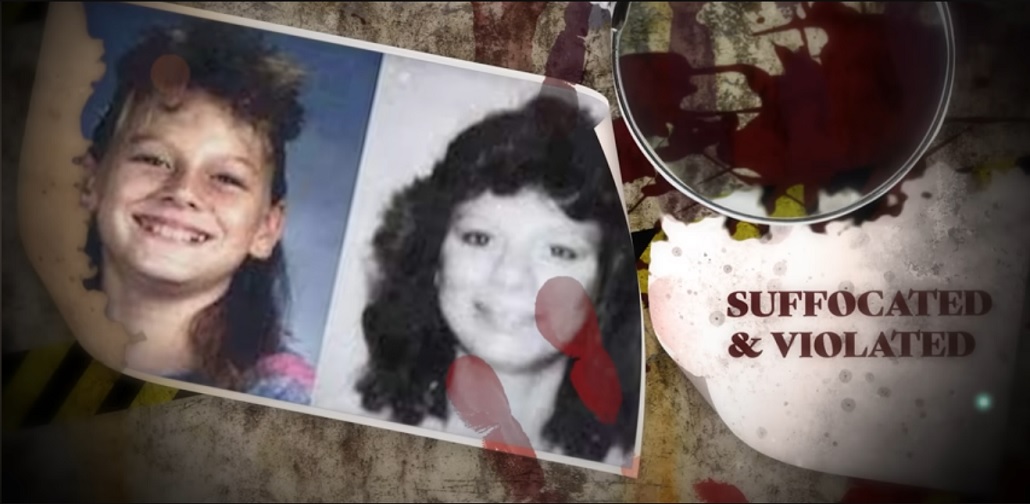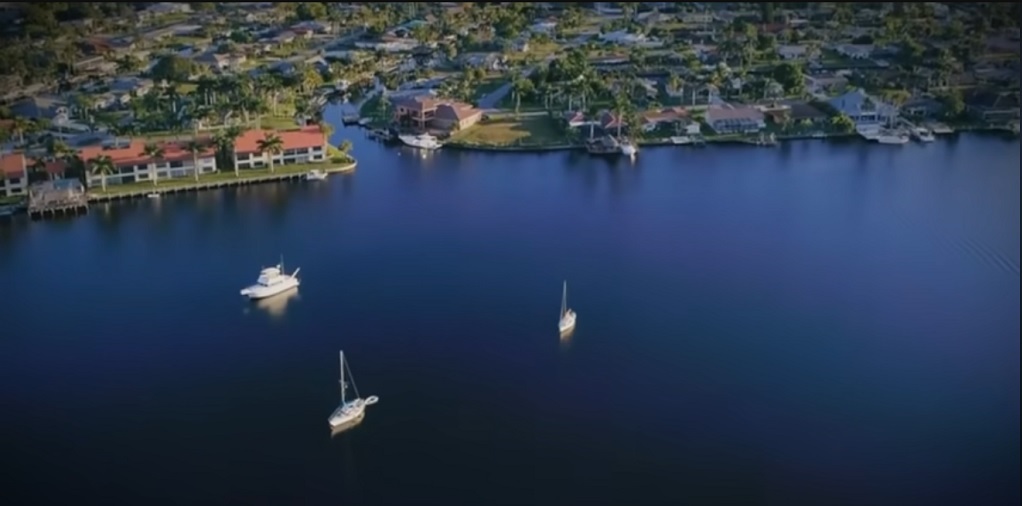Warning: Graphic content, readers’ discretion advised. This story contains a recollection of crime and can be triggering to some readers discretion advised.
Everything started out as a normal Florida night for 32-year-old Lisa Story. In May of 1990, she went to babysit 11-year-old Robin Cornell, but when the child’s mother returned home, she found a shockingly tragic scene.
Both Robin and Lisa had been assaulted and asphyxiated. Who could have committed such a heinous crime? All evidence pointed to Joseph Zieler — but who was he and how did he know the victims
How a decades-old double murder finally found justice through DNA
and determination.
“Justice doesn’t bring my daughter back,” said Jan Cornell, “but it means the world finally knows
the truth.”
Cape Coral, Florida, was the picture of suburban calm in 1990 — canals glinting under the Gulf sun,
kids on bicycles, doors often left unlocked.
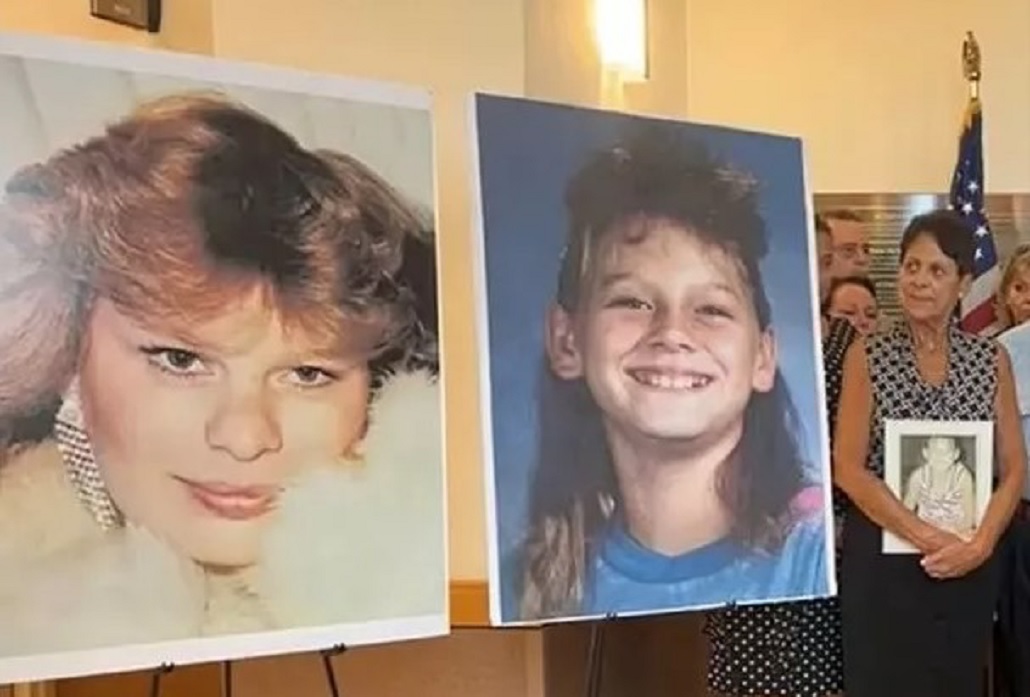
For single mother Jan Cornell, life revolved around her
daughter Robin, an 11-year-old who loved science and roller skates. On the night of May 9, Jan left
Robin at home with Lisa Story, a 32-year-old friend and boarder who helped with childcare. By morning,
that ordinary night had become a lifelong nightmare.
a 32-year-old friend and boarder who helped with childcare. By morning,
that ordinary night had become a lifelong nightmare.
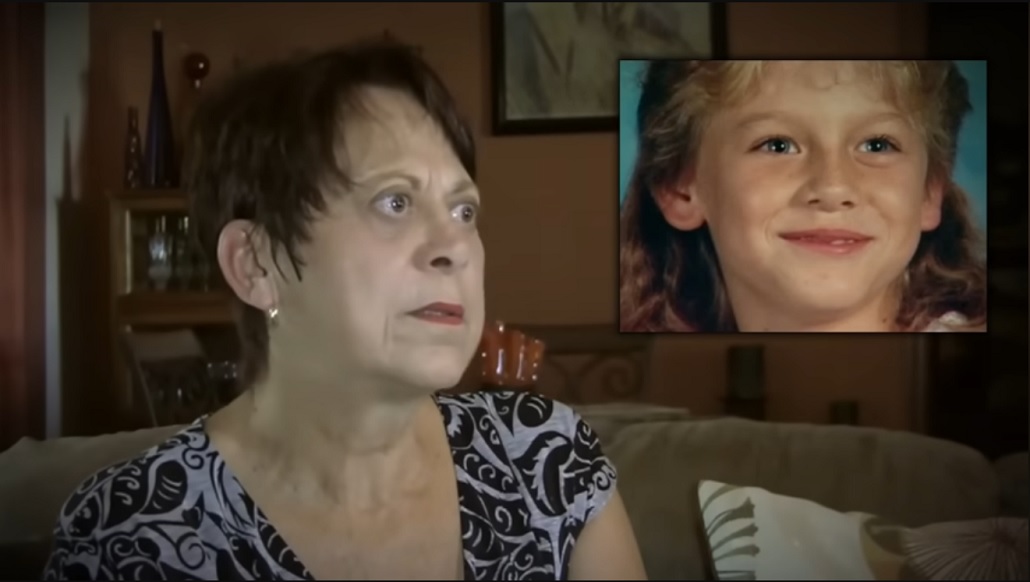
When Jan returned home just after sunrise, she found her house in chaos — drawers pulled open, the
sliding glass door ajar, and silence where there should have been laughter. Robin and Lisa were gone.
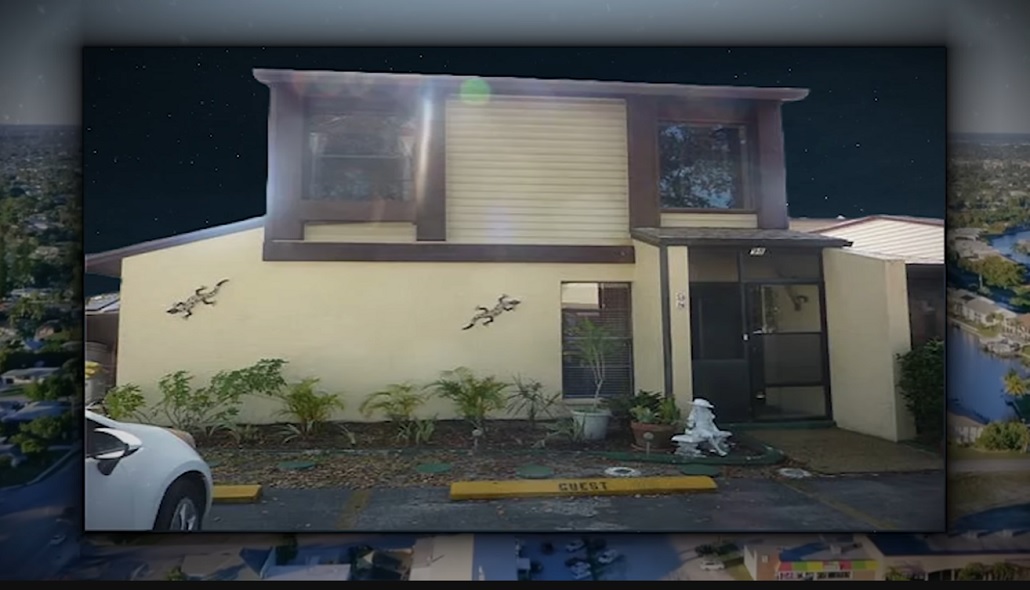
Police described the scene as one of the most disturbing in Cape Coral’s history. Detectives swarmed
the small home, searching for clues that might explain the unimaginable. Yet the evidence, while
plentiful, told no clear story
“We just couldn’t make the evidence speak,” one retired detective said later. “It haunted us for
decades.”
For months, and then years, investigators interviewed neighbors, ex-boyfriends, co-workers — anyone
with even the faintest connection to the family. The leads dried up.
The case grew cold. Boxes of evidence sat in storage rooms while the city moved on. Jan Cornell,
though, never did. She kept her daughter’s room untouched, believing that someday, someone would
find the answer.
What she couldn’t have known was that the answer already existed — locked inside a sealed evidence
bag, waiting for technology to catch up.

What she couldn’t have known was that the answer already existed — locked inside a sealed evidence
bag, waiting for technology to catch up.
By the 2010s, advances in forensic testing were breathing new life into cold cases across the country.
Florida’s expanding DNA database allowed investigators to re-run old samples.
Then, a hit: the DNA collected from the Cornell home matched Joseph Zieler, a former Cape Coral
resident with a criminal history. Zieler had been arrested in 2016 for an unrelated assault; his genetic.
Profile revealed what years of detective work couldn’t.
“We knew right away,” said one forensic analyst. “It was him. There was no mistake.”
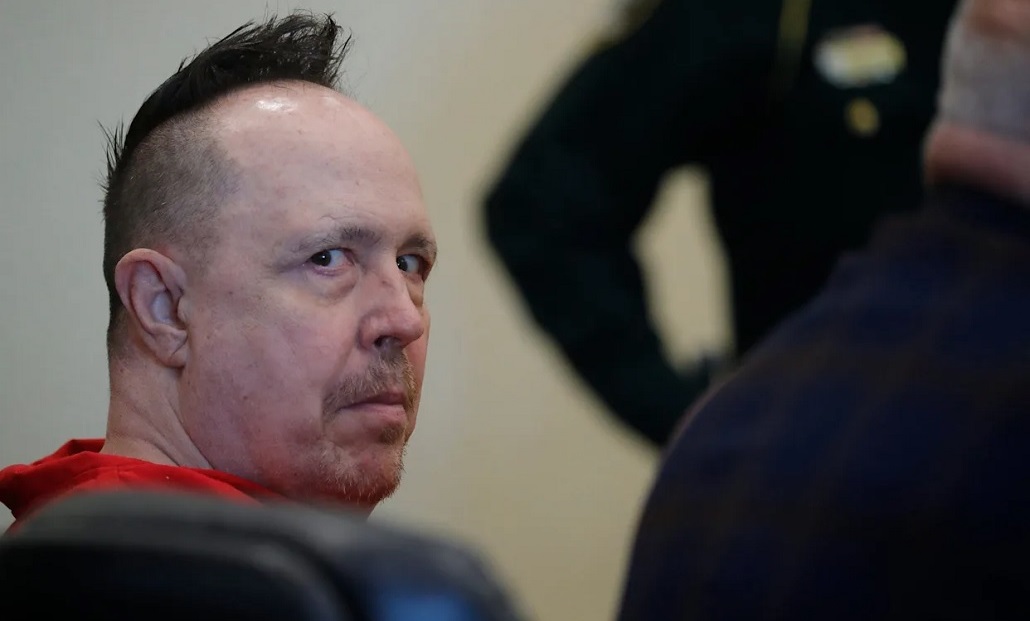
In 2023, Joseph Zieler went on trial for the murders of Robin Cornell and Lisa Story — more than three
decades after the crime. The courtroom was packed. Former officers, journalists, and Cape Coral
residents filled the gallery.
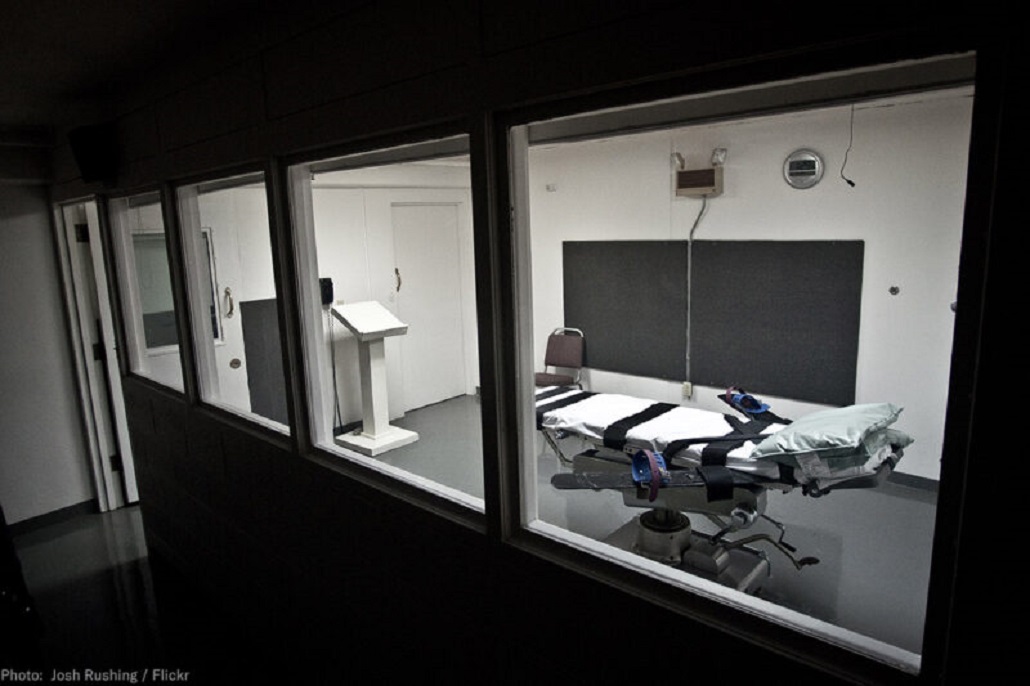
Prosecutors presented a case built on DNA, timing, and opportunity. Zieler denied everything, claiming
he was “set up.” But the scientific evidence was irrefutable. The jury deliberated only briefly before
returning its verdict: guilty of two counts of first-degree murder.
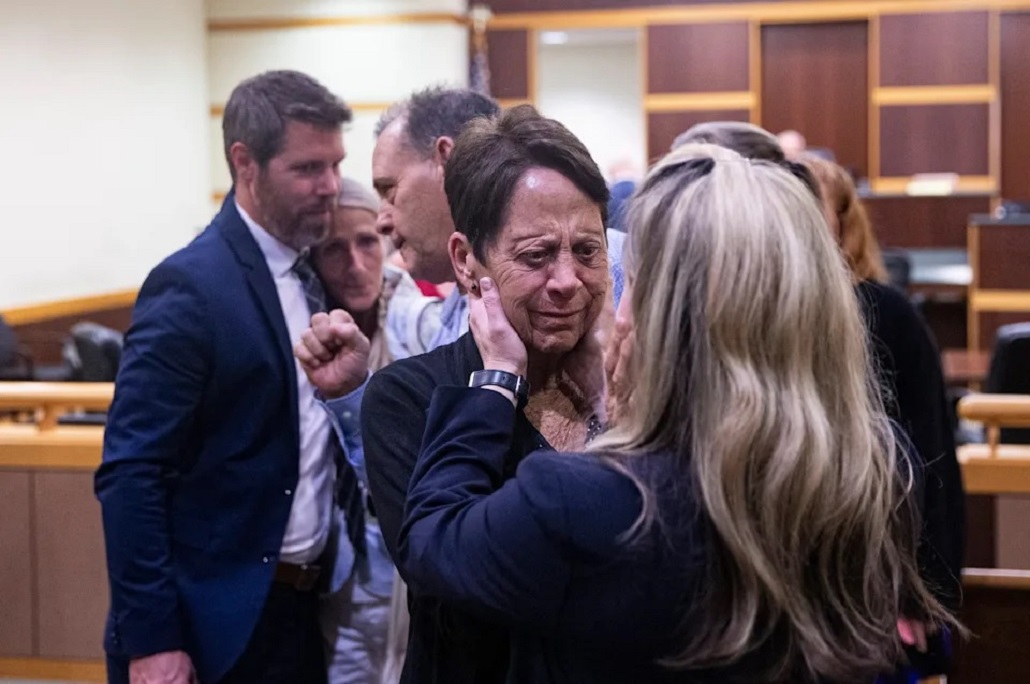
That summer, Judge Nicholas Thompson pronounced the sentence: death. The courtroom fell silent.
Jan Cornell wept quietly, holding a photo of Robin.
“There’s relief, but there’s emptiness. You don’t move on — you just learn to live with it,” she told
reporters afterward.
The Cornell-Story case changed Cape Coral forever. For many, it shattered the illusion of small-town
safety. But it also became a story of perseverance — of a mother’s refusal to let time erase truth
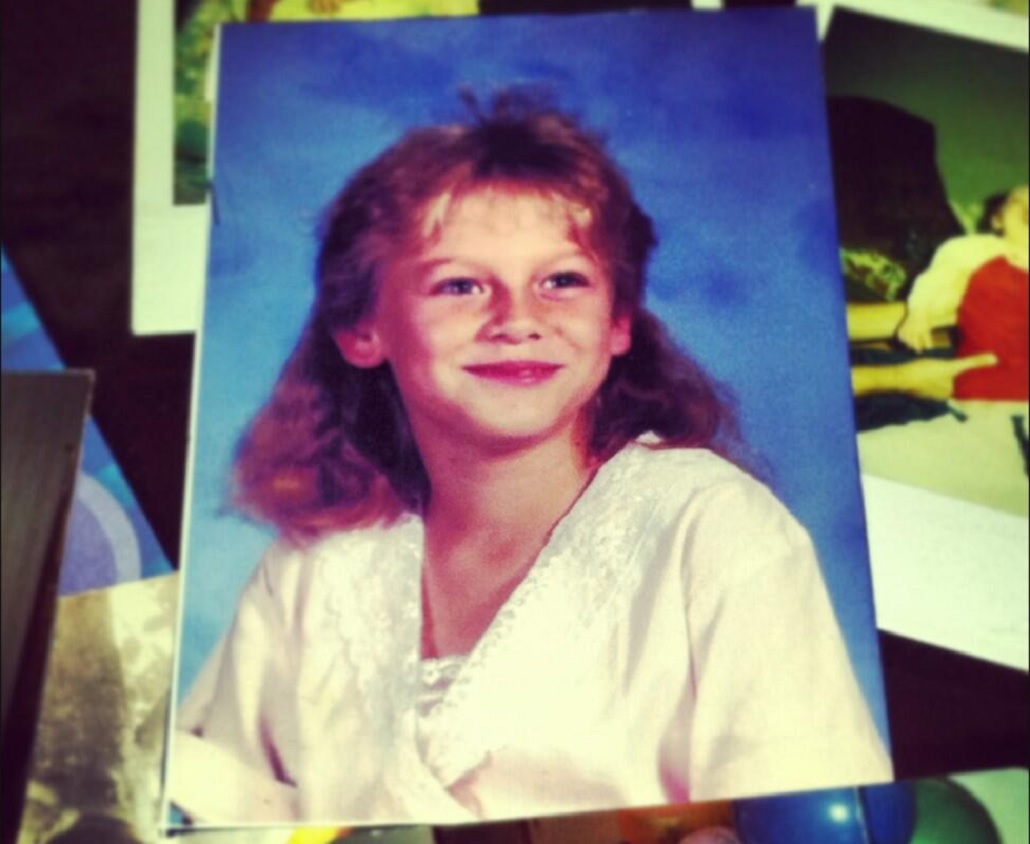
A scholarship in Robin’s name now supports young women studying science — a tribute to the future
she never got to pursue. Lisa Story’s family, though private, continues to honor her memory quietly
“Thirty years later, DNA gave Robin and Lisa their voice back.”
Today, the Cornell home has new owners.
The palm trees have grown tall, and the canals still sparkle
in the sun. Yet for those who lived through 1990, the name Robin Cornell still evokes a collective ache— and a measure of justice finally served.
Cape Coral lost its innocence that May morning, but through science, memory, and one mother’s
unyielding love, it found something resembling peace.
